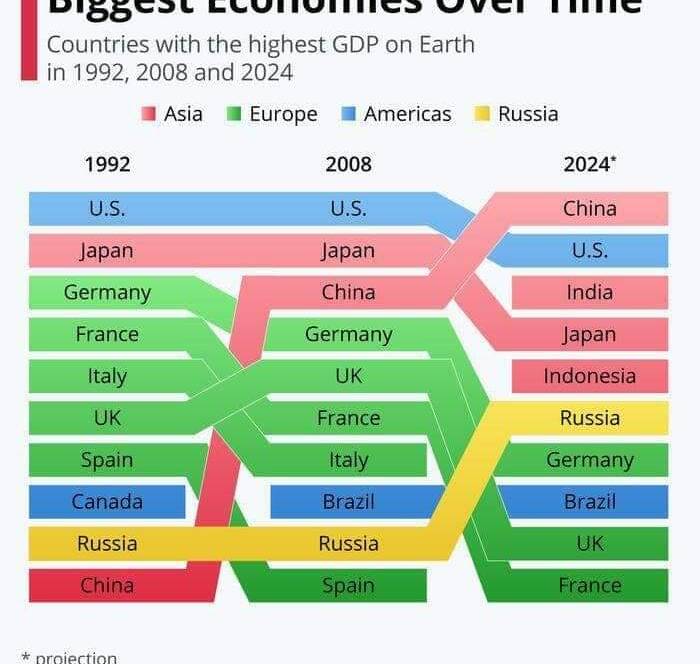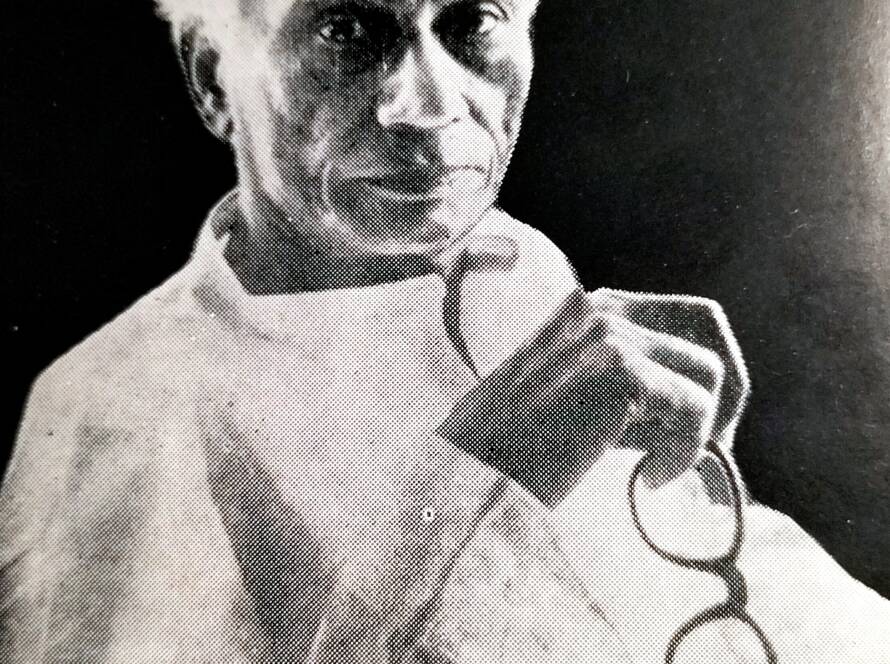By Chandani Kirinde
The emphasis of the United Front (UF) government of Mrs Sirimavo Bandaranaike, which took office in May 1970, was to forge a new foreign policy that would move away from the pro-West policies of the UNP government, replacing them with a policy of non-alignment.
While, theoretically, the focus was on non-alignment, in practice there was an active move to forge relations with Communist countries, given that the constituent partners in Mrs Bandaranaike’s government were Marxist parties and that a shift to the Left was inevitable.
It was hence with gusto that the United Front government moved to establish diplomatic relations with the Democratic People’s Republic of Korea (DPRK), or North Korea, and the German Democratic Republic (GDR), or East Germany, within months of its coming to power.
In A History of Sri Lanka, Professor K. M. de Silva writes that with the election of the United Front, which comprised the SLFP, the LSSP, and the Communist Party (Moscow Wing),
“[t]here was a new emphasis in the island’s foreign policy, a distinct tilt to the left. In rapid succession, North Korea and the German Democratic Republic were given diplomatic recognition.”
Sri Lanka established diplomatic ties with the DPRK on 15 July 1970. These ties were cut short after the 1971 JVP insurrection. Less than a year after the DPRK opened its Embassy doors in Colombo, the Ambassador, along with all Embassy staff, were ordered to leave the country. The reason was the alleged assistance from North Korea to the JVP to overthrow the government.
In a statement issued on 17 April 1971, the UF government noted that it had
“decided in its own interest that all Korean staff and their families in the Embassy of the Democratic People’s Republic of Korea in Ceylon should leave immediately.”
The statement added that the decision was
“conveyed to the Ambassador of the DPRK by the Permanent Secretary to the Ministry of Defence and External Affairs at 10 a.m. on April 13 and the Ambassador was requested to wind up the affairs of the mission and arrange for the departure of all Korean personnel in the mission by Aeroflot leaving at 7.30 p.m. on April 16.”
No reason was given for the decision, but the move prompted speculation of North Korean collusion with the JVP. Of course, no hard evidence was placed before the public to support such a claim. Even the Criminal Justice Commission, which the government had established to prosecute the leaders of the April insurgency, found no active involvement of a foreign power in the uprising.
Professor Gamini Samaranayake, in his doctoral thesis “Political Violence in the Third World – A case study of Sri Lanka (1971 -1987)”, points out that
“[d]uring the 1971 insurrection, the Sri Lankan government ordered the North Korean government to withdraw its diplomatic representatives and temporarily terminated foreign relations. Despite the measures taken by the Sri Lankan government, there is no valid evidence that the JVP maintained contacts with the North Koreans.”
Professor Samaranayake adds that the official explanation given by the then Prime Minister was that the North Koreans had indulged in overenthusiastic and indiscreet propaganda which had not been curbed, despite the Sri Lankan government’s repeated cautioning against it.
The propaganda in question were full-page advertisements in Sri Lankan newspapers featuring the revolutionary thoughts of Kim Il Sung, as well as the distribution of literature on guerrilla warfare. Professor Samaranayake writes that “the exact nature and extent of the North Korean involvement could not have exceeded the mere boundaries of propaganda.”
However, there is no final word on whether the DPRK funded, armed, or trained JVP personnel involved in the uprising. Speculation, in any case, continues. An academic paper written in 2017 by Benjamin Young and published by the Korea Economic Institute of America, on “A Revolutionary State: North Korea’s Support of Non-State Actors, Past Policies and Future Issues”, contends that the North Korean Embassy in Colombo supplied the rebels with money, arms, and explosives and that it was this which led to the expulsion of diplomatic personnel from Colombo.
An attempt by the writer to trace archival material from the Ministry of Foreign Affairs on the subject proved futile. A senior official who served during the period in the Prime Minister’s office said there was a “pervasive suspicion” that the North Koreans had a hand in the 1971 insurrection and that they were asked to leave based on this.
Mrs Bandaranaike herself hinted at North Korean involvement. In a radio talk on 25 April 1971, she stated that in the “case of one Embassy”, which she did not name, “certain activities carried out by them was giving strength and support to the terrorists who had been preparing themselves for their nefarious tasks”, and that since the diplomatic staff did not desist from such activities, she had to ask the Ambassador to close the Embassy and get out of the country.
There is no doubt that naming the DPRK as an active supporter of the JVP would have been an embarrassment to Mrs Bandaranaike’s government, given the haste with which the United Front had moved to established diplomatic ties with it soon after taking power.
Nevertheless, the expulsion of the Embassy staff did not mean the end of diplomatic relations between Sri Lanka and the DPRK. As the Ministry of Defence and External Affairs, which issued the communique announcing the expulsion in 1971, noted, the decision “was only for the removal of the North Korean personnel within the Mission, and did not imply the disruption of diplomatic relations between the two countries, which will remain for the present.”
Both countries continue to maintain missions with each other. Today, the Sri Lankan Embassy in Beijing, China, is accredited to North Korea, while the North Korean Embassy in New Delhi, India, is accredited to Sri Lanka. However, relations have remained in limbo since 1971.
Chandani Kirinde is a senior political and history columnist and a long-serving parliamentary correspondent in Sri Lanka. She can be reached via chandani.kirinde2016@gmail.com.
Factum is an Asia Pacific-focused think tank on International Relations, Tech Cooperation and Strategic Communications accessible via www.factum.lk.
The views expressed here are the author’s own and do not necessarily reflect the organization’s.



1 Comment